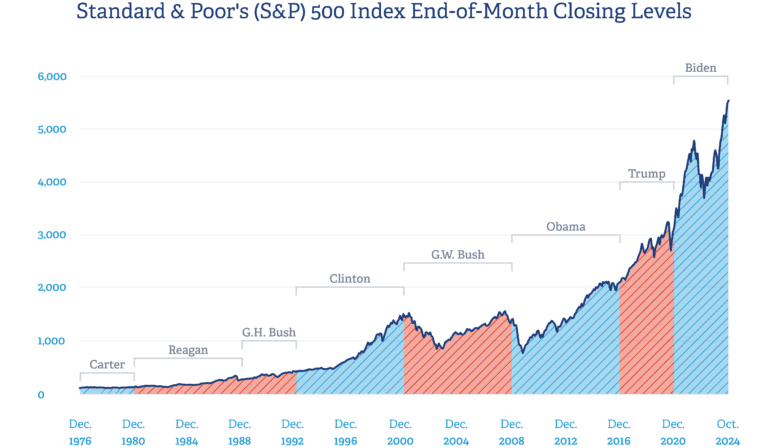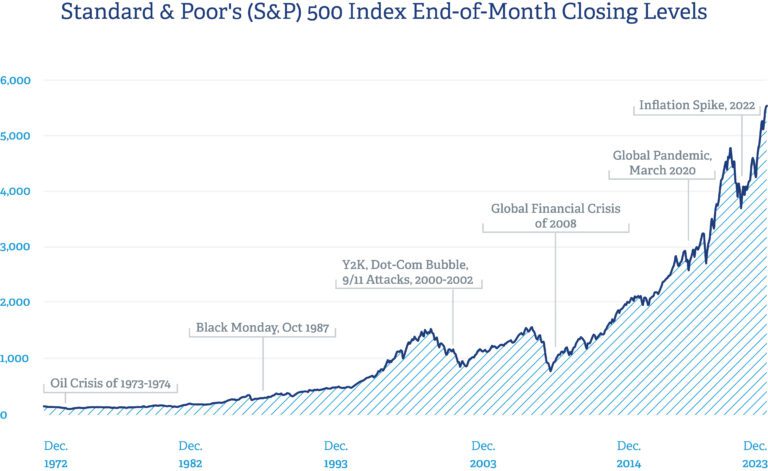There’s a statistic that often surprises people, and it’s one that needs to be addressed proactively: 70% of wealthy families lose their fortune by the second generation. That number jumps to a staggering 90% by the third generation. This finding is the result of a multi-decade study conducted by The Williams Group. Their goal was to track affluent families to see how their wealth was preserved across generations. The results are troubling, but spark a beneficial conversation around why this occurs, and more importantly, how to prevent it from happening in your family.
We tend to build habits over time. Creating wealth requires discipline, consistency, and intention. These are traits we sharpen over our working lives. The issue found with individuals inheriting large sums of money, especially at a young age, is that they often have yet to develop those same habits. So the next generations end up wealthy, but without the skills needed to handle that wealth.
Reasons Multi-Generational Wealth Disappears
One might assume that the reason wealth is destroyed is due to poor investment decisions, negligent financial advice, or excessive spending decisions. While those can certainly play a role, The Williams Group’s research points to something more fundamental:
- A Breakdown in Communication and Trust (60%): The largest contributor is poor communication between family members. We occasionally see this in our practice. Most often, poor communication stems from the discomfort of discussing your financial position with others.
- Inadequately Prepared Heirs (25%): You don’t need to have an MBA in Finance to handle wealth, but you do need to be equipped with certain knowledge and skills to be a good steward. Heirs who are caught off-guard by the amount of an inheritance or in the form it is received (i.e., in trusts, business interests, retirement accounts, etc.) will be fighting an uphill battle from the start.
- Other Factors (15%): This remaining percentage accounts for reasons like insufficient tax planning, legal complexities, or indeed, some level of poor professional advice. But as you can see, these are secondary to the internal family dynamics.
How To Prepare the Next Generation for Their Wealth
The good news is that understanding these challenges empowers us to act. With the proper knowledge and plan in place, we can take steps to prepare our families to counter these concerns.
Here’s where we can focus:
- Encourage Open Communication: Here, we are referring to internal family communications. This can be uncomfortable at first, as privacy is paramount in most of our lives. However, discussing your financial values, your intentions for your wealth, and your hopes for your legacy will encourage your children and grandchildren to ask questions and participate in discussions about money.
- Encourage the Next Generation to Seek Advice: You should encourage the next generation to work with a set of professionals: CPA, estate planning attorney, financial planner (CFP®), etc. To provide the most continuity, it often makes sense to work with the same professionals across generations so planning can be coordinated efficiently. We find that when the next generation has a team supporting them, the chances of financial success rise significantly.
- Creative Estate Planning Techniques: You might be thinking of a situation where a family member is unfit to inherit funds, especially large sums of money. There are various estate planning tactics that can extend and preserve wealth to avoid a spendthrift situation. Tools like trusts can include provisions to delay receipt of funds, or language can be added to encourage positive behavior long after you are gone.
- Define a Family Mission and Strategy: What is the purpose of your family’s wealth? Is it for entrepreneurial ventures, funding educational pursuits, philanthropic endeavors, or simply providing security for future generations? A shared vision helps guide decisions and ensures alignment.
- Building Positive Habits: As mentioned earlier, building the financial habits necessary to create wealth is paramount. This starts with education, either within the home, higher education, or driven by discussions with financial professionals.
What is clear from this research is that with open communication, planning, and guidance from professionals, there is a road to success. If you have questions about how to start these important conversations or develop a multi-generational wealth plan, please don’t hesitate to reach out to a Regency CFP® professional.







